





Seismic Therapeutic™ is making a major shift in how immunology therapies are discovered and developed, enabled by machine learning. We have brought together a stellar team of leading immunology drug developers, machine learning innovators and company builders who are charting new drug discovery territory to open better and faster ways to make medicines for patients with immune-driven diseases. Guided by an experienced board of directors and world-renowned scientific founders, Seismic is a product-centric, patient-focused immunology company with a growing biologics pipeline to control dysregulated adaptive immunity, all derived from our machine-learning IMPACT platform. Our combination of exceptional talent and strong resolve enables us to reach untapped biology of the adaptive immune system and make a major impact on treating immunologic diseases.
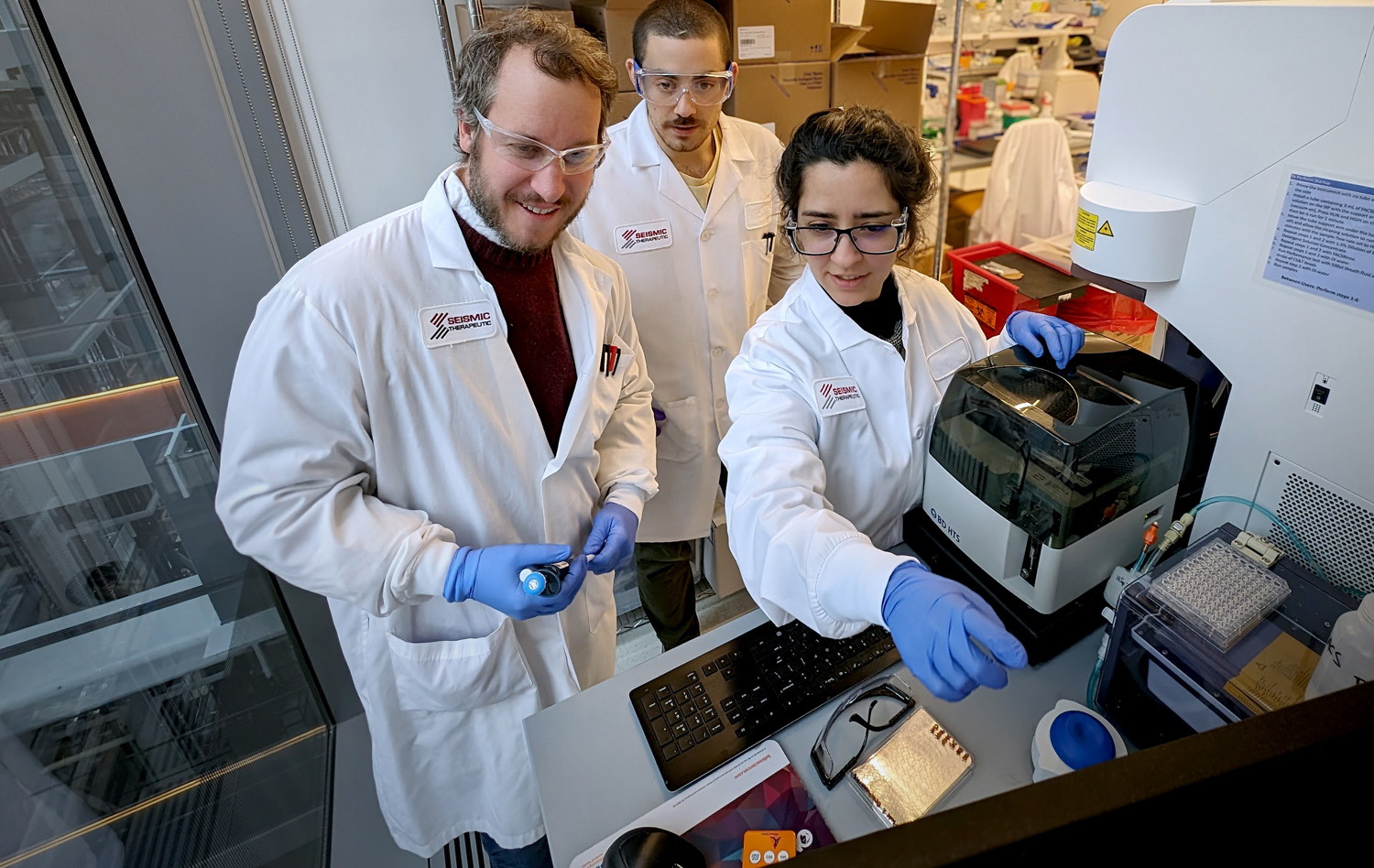

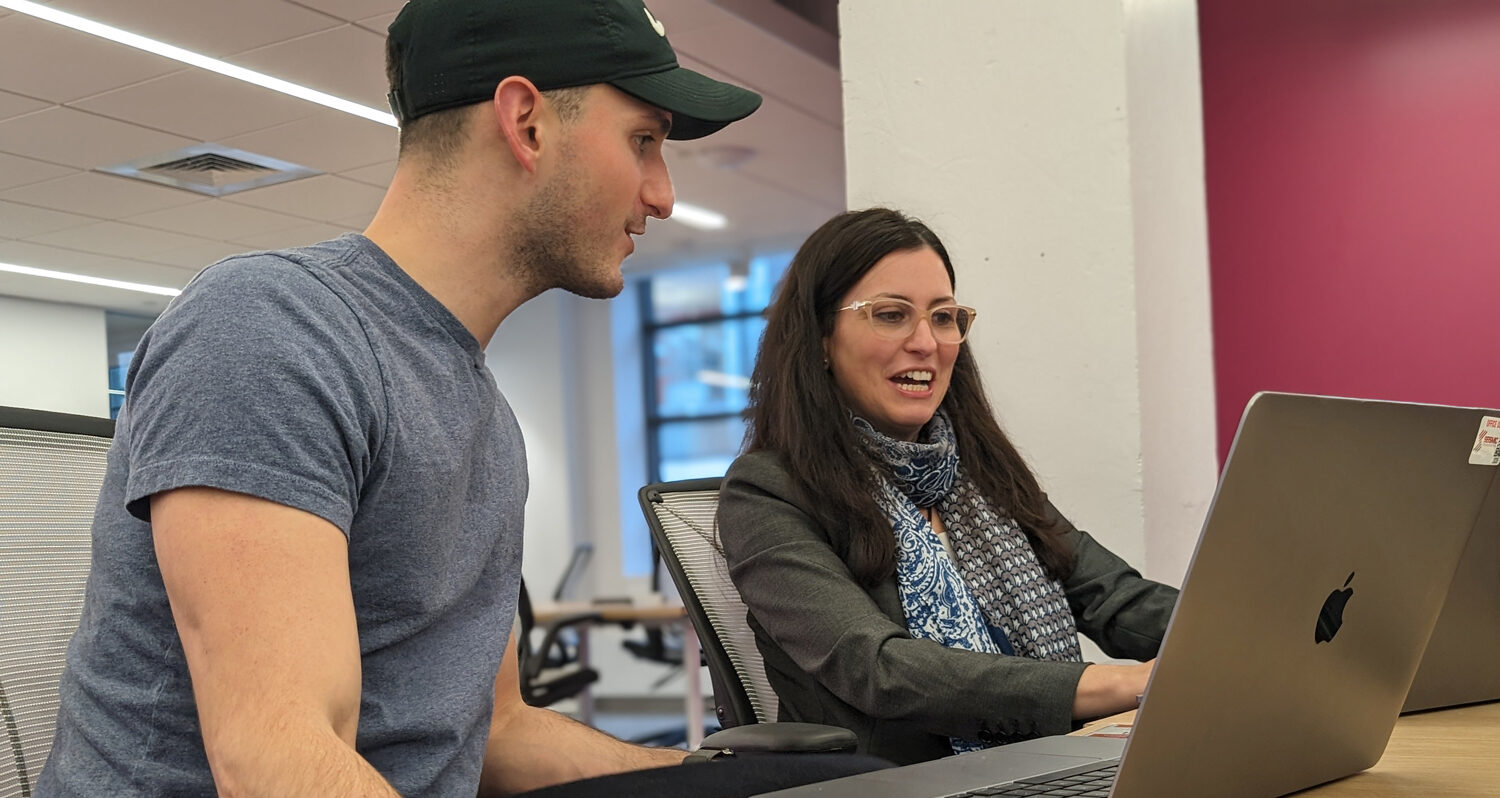

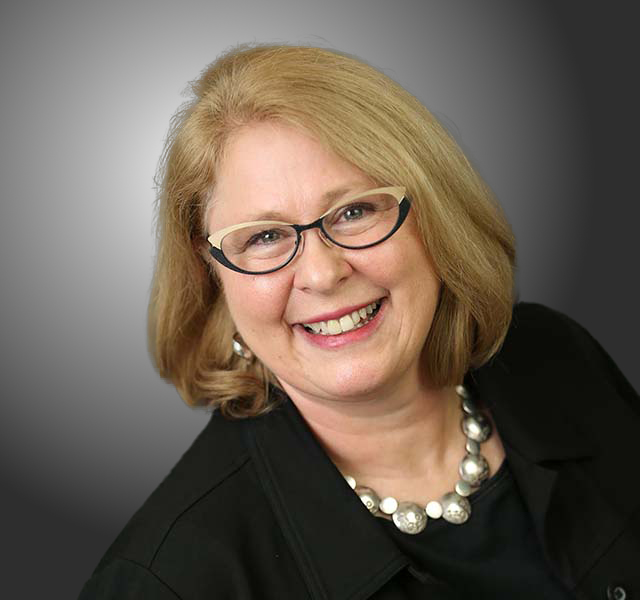
Jo is a seasoned biotech executive and entrepreneurial scientist who has taken more than a dozen drugs to clinic over her 30-year career.
Prior to founding Seismic, she founded Pandion Therapeutics in 2017 and served as President and Chief Scientific Officer until the acquisition by Merck for $1.85B in 2021. Prior to Pandion, she held research leadership positions at Biogen, Amgen and Immunex. She is an experienced director on both private and public company boards.
In 2024 she was recognized as a Distinguished Fellow by the American Association for Immunologists. In 2022 she was named as one of the Extraordinary Women Advancing Healthcare in Massachusetts by The Women’s Edge, and she was profiled in the Boston Business Journal’s Women to Watch. Jo has also featured in FiercePharma’s 2020 Fiercest Women in Life Sciences and in Endpoints’ 2019 Special Report on 20 Extraordinary Women.
Jo is an advocate for workplace inclusiveness and regularly volunteers her time with organizations focused on increasing diversity. She has served on the board of WEST, a non-profit organization supporting early to mid-career women, including as President 2017-18.
Jo has a PhD in immunology from the University of London, and a BSc (Hons) in biophysics from the University of East London.

Sophie is a biotechnology investment banking veteran and a physician scientist with more than two decades of business, financial and clinical expertise.
Her investment banking and capital markets experience includes advising entrepreneurial life sciences companies in a total of more than $250 billion in equity financings, equity linked financings, and announced M&A transactions.
Prior to joining Seismic, Sophie served as a Managing Director in Healthcare Investment Banking at J.P. Morgan. Previously, she was at Centerview Partners focused on Healthcare Mergers & Acquisitions. Dr. Jones is a physician trained in general surgery and heart and lung transplant at Columbia University, New York-Presbyterian Hospital, and served as Chief Fellow in Heart-Lung Transplant and in the Cardiothoracic Surgery Research Laboratory of the Columbia University Vagelos College of Physicians and Surgeons.
Dr. Jones holds an M.D. with Honors from Boston University School of Medicine and a B.A. in History with Honors from Yale University.
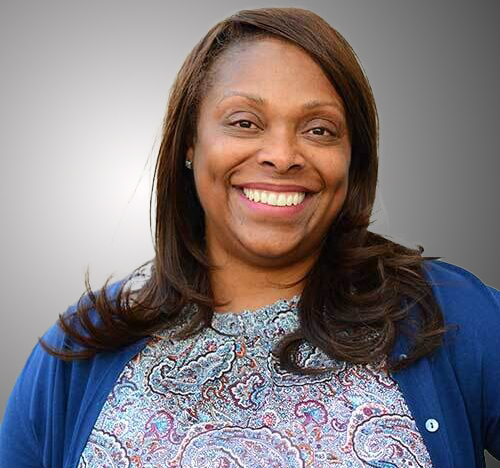
Melanie is an experienced and versatile human resources leader with more than 18 years of experience supporting business plans and developing programs to fully engage talent in multiple industries, including at biopharmaceutical companies Novartis and Biogen.
Before joining Seismic, Manning held leadership positions at Enspira HR Consulting, where she served as Vice President, Human Capital, acting as primary contact for HR advisory client engagements. Prior to Enspira, she was Chief Human Resources Officer for non-profit organization Upstream USA. Previously, she served as Head of Human Resources for the Infectious Diseases division of Novartis Institutes for BioMedical Research (NIBR). Before her tenure at Novartis, Manning served as Associate Director, Human Resources at Biogen. Earlier in her career, she held several human resources positions for divisions of Fidelity Investments, which included HR business partner and Center of Excellence program office roles.
She has a Masters degree in Human Relations and a BA from the University of Oklahoma and completed Intensive Studies in French Literature and Civilization at Université de Clermont-Ferrand, France.

Kevin has more than 25 years of industry and academia experience in immunology. His work has largely focused on understanding lymphocyte activation and discovering and developing therapeutics to modulate lymphocyte activity.
Prior to Seismic, Kevin helped start Pandion Therapeutics as the second employee, where he led the Immunology and Biomarker groups. Kevin built a successful interdisciplinary discovery team at Pandion, which was acquired by Merck in 2021 for $1.85 billion, to discover and develop a pipeline of biologics-based therapies to treat autoimmunity.
Prior to Pandion, Kevin was a key member of the Immunology Pharmacology group at Abbvie where, among other responsibilities, he led the biology efforts to discover a small molecule GPCR agonist with colon-restricted activity to treat IBD. Before Abbvie, Kevin led the biology efforts at Biogen to discover and develop small molecule inhibitors of BTK to treat multiple autoimmune diseases and a biologics program targeting long-lived plasma cells.
Kevin is a member of the scientific advisory board of Eurofins Scientific.
Kevin graduated magna cum laude from Washington University in St. Louis with a bachelor’s degree in Molecular Biology and Biochemistry. He holds a Ph.D. in Immunology from the University of Washington in Seattle. Kevin did his post-doctoral training in Klaus Rajewsky’s lab at Harvard University.

John is a rheumatologist and immunologist with over 25 years of experience in academic medicine and the biotechnology industry. His research career has focused on developing novel therapies for patients with inflammatory and fibrotic diseases.
He is an Independent Director of Sanofi S.A., a director of Neutrolis, Inc, and serves on the board of CARRA, the Childhood Arthritis and Rheumatology Research Alliance, and the Steering Committee of the NIH Immune Tolerance Network.
Prior to joining Seismic John was the Chief Medical Officer of Pandion Therapeutics, which was acquired by Merck in 2021 for $1.85 billion. He previously was Senior Vice President and Inflammation Therapeutic Area Head at Gilead Sciences. John led Gilead’s entry into inflammation and immunology and oversaw the clinical development of over a dozen new drug programs including Jyselica, which is approved in Europe and Japan for rheumatoid arthritis and/or ulcerative colitis.
Before moving to industry, John was a tenured Associate Professor of Medicine at Duke University and Associate Professor at the Duke-National University of Singapore Graduate Medical School. While at Duke he was instrumental in the Phase 1-3 development of Krystexxa which is approved for patients with refractory gout. In addition, he served as Associate Director of the Duke Clinical Research Institute and Director of Duke’s Global Proof of Concept Research Unit Network in the US, Singapore and India.
An undergraduate from Bucknell University, John received his medical and scientific education at Drexel University, and residency and fellowship training at Duke. He is a fellow of the American College of Rheumatology, the American Academy of Allergy Asthma and Immunology, and the American College of Physicians. John is an Adjunct Professor of Medicine at Duke University and has clinical privileges in rheumatology at the Duke-affiliated Durham VA Medical Center. He has authored over 100 scientific publications.

Brendan has more than 16 years of combined law firm and in-house experience in public and private biosciences companies.
Prior to joining Seismic, Brendan was General Counsel and Corporate Secretary for Synlogic, Inc., a publicly-traded biotech company with a phase 3 clinical drug program. Previously, he was Vice President, Legal, and member of the leadership team at Ohana Biosciences and was senior counsel at Vertex Pharmaceuticals. Brendan was a partner at the law firm of Donnelly, Conroy & Gelhaar, LLP, in Boston where he focused on complex commercial controversies and government enforcement. Earlier in his legal career, Brendan served as a clerk for the Hon. Alvin W. Thompson, Chief, U.S. District Court for the District of Connecticut and was an associate at the law firm of Goodwin Procter.
Brendan is co-chair of the MassBio General Counsel Roundtable and has served on several practice-related bar committees and on the executive committee of the Board of Trustees of the Massachusetts Continuing Legal Education corporation. He received his BA from Cornell University, JD from Harvard Law School, and his MPP from the Harvard Kennedy School.
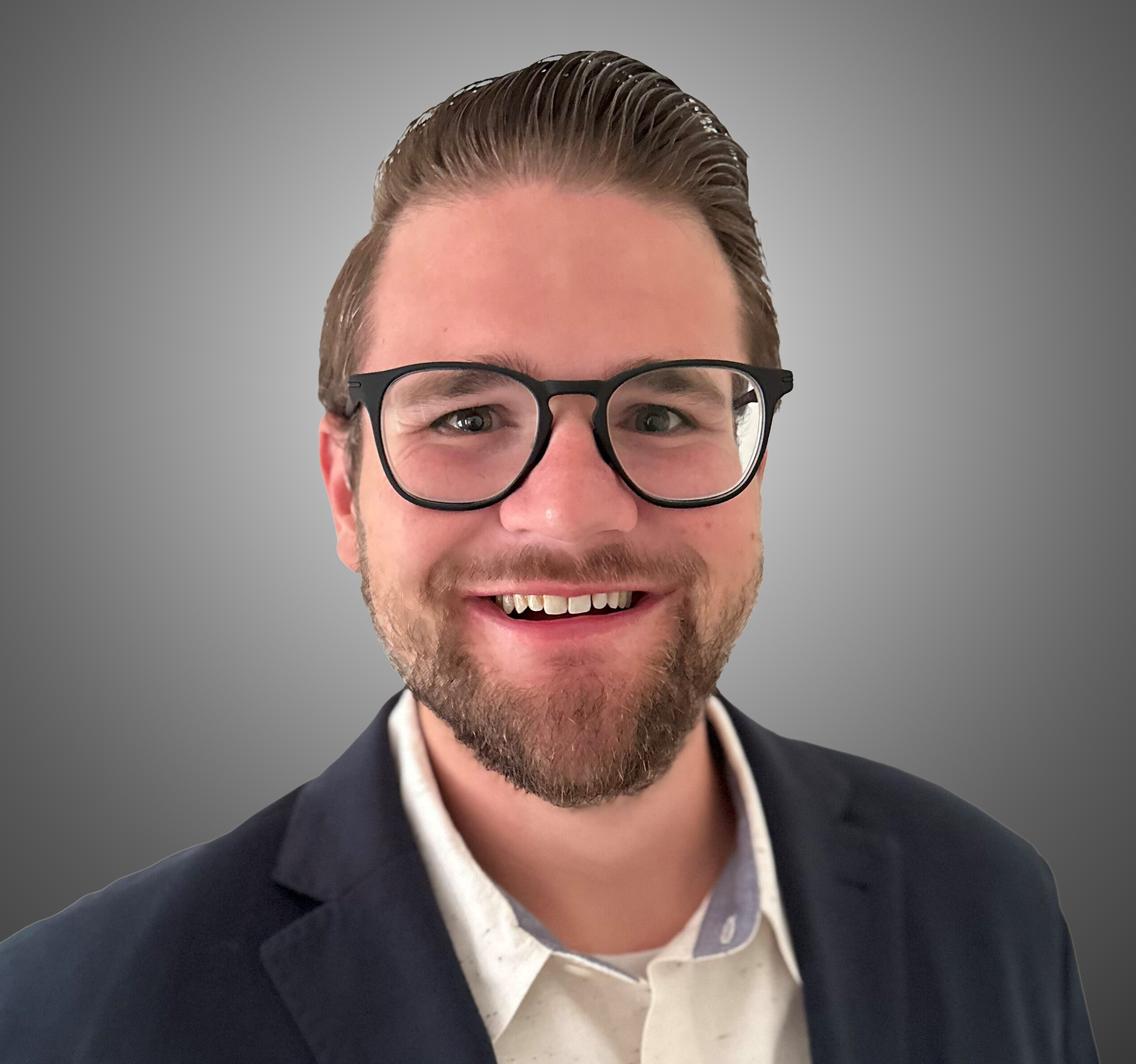
David brings over a decade of valuable experience in finance roles within the pharmaceutical and biotech sectors to Seismic Therapeutic.
Prior to joining Seismic, David held the position of Vice President of Finance at Sensei Biotherapeutics, where he led the Finance, Accounting, and Operations teams. He played a pivotal role in managing the finance and accounting functions, leading annual budgeting, cash planning, long-range planning, and external reporting. David also assisted the company’s transition to a public company, building out the Finance team, systems, and processes. Before his time at Sensei Biotherapeutics, David held various finance roles of increasing responsibility at Alexion Pharmaceuticals and Vertex Pharmaceuticals.
David holds a Bachelor of Business Administration in Finance from the University of Rhode Island.
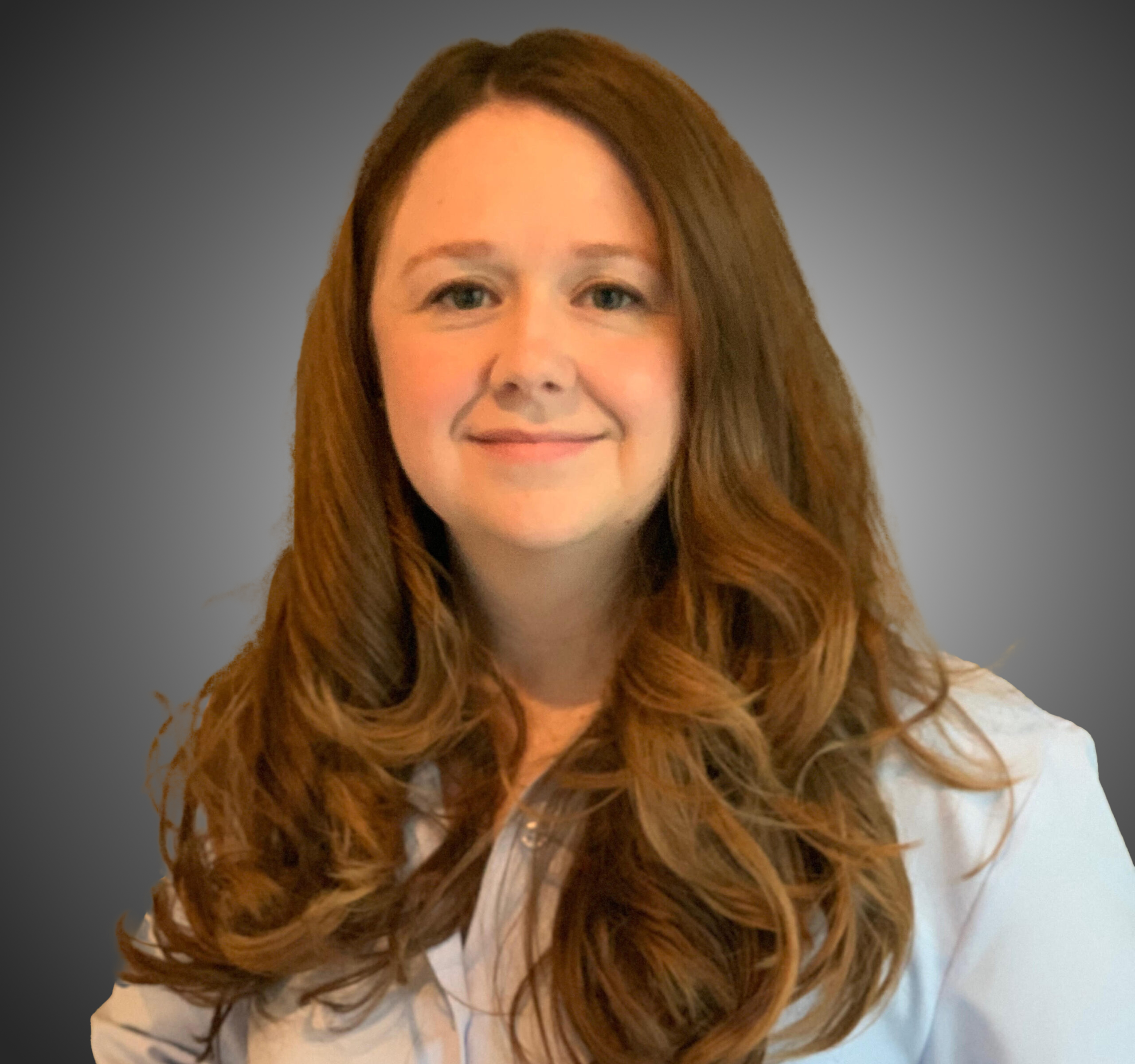
Heather Vital brings almost 20 years of experience across strategic and operational functions, including clinical development, program leadership, alliance management, R&D portfolio strategy and commercialization.
Prior to Seismic, she was Senior Director, Portfolio Strategy and Operations for Relay Therapeutics, where she contributed to portfolio strategies for pipeline programs and was responsible for alliance management with a large biopharma partnership and a research collaboration. She served as Senior Director of Program Leadership at Deciphera Pharmaceuticals, where she was the program lead for two oncology drug programs including one through product approval and launch. Previously, Heather had a tenure at Biogen, culminating in the role of Director, R&D Strategy and Portfolio Leadership and for several disease areas. Her earlier roles at Biogen included portfolio strategy for spinal muscular atrophy, launching SPINRAZA as part of the global brand team and new product commercialization for the immunology therapeutic area.
Heather has a BS from Babson College, MBA from the MIT Sloan School of Management, and a Master of Science (SM) from the Harvard-MIT Health Sciences and Technology Program.
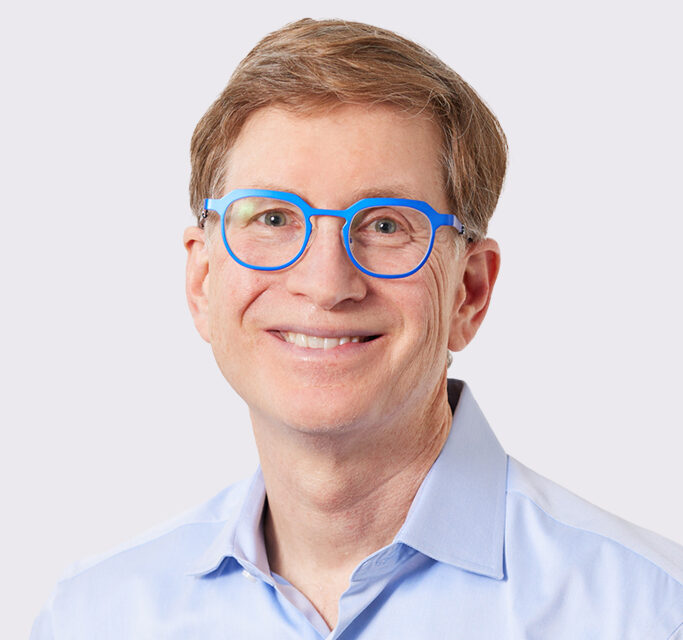
Alan joined Polaris Partners in 2002 and serves as an entrepreneur partner. In this role, he focuses on building and investing in healthcare companies.
He has served as founder, chairman and/or CEO in building ten Polaris companies. Prior to founding Seismic, Alan co-founded Dyno Therapeutics along with Harvard Professor George Church and scientist Eric Kelsic. Dyno is using insights from computer science and biology to design better viruses for delivery of gene therapies. Prior to Dyno, Alan founded Pandion Therapeutics to focus on tissue-specific immunomodulation for autoimmune disorders and transplantation. In four years from the Polaris seed funding, Pandion became a clinical-stage, public company and was acquired by Merck for $1.85B. Alan’s past portfolio companies have collectively been involved in 12 IPOs and M&A exits.
His current and past portfolio includes: Momenta Pharmaceuticals (acquired by J&J), Pandion Therapeutics (acquired by Merck), Visterra (acquired by Otsuka), Dyno Therapeutics, KSQ Therapeutics, Sirtris Pharmaceuticals (acquired by GSK), Adnexus Therapeutics (acquired by BMS), Ocular Therapeutix, T2 Biosystems, Arsia Therapeutics (acquired by Eagle Pharmaceuticals), and Navitor Pharmaceuticals. From 2002 to 2006, Alan was president and CEO of Momenta Pharmaceuticals. He joined Momenta as the fifth employee and built it into a public company, creating an advanced and diversified pipeline. Momenta was acquired by J&J for $6.5B.
Prior to Polaris, Alan was senior vice president of global corporate development at Millennium Pharmaceuticals, where he was responsible for leading Millennium’s strategic partnering, mergers and acquisitions, and licensing activities, generating over $2B in partner funding to help fuel the company’s growth and acquiring 19 development stage products. Among these products was Velcade®, which became the main basis of the company’s $9B acquisition by Takeda.
Alan received Ernst & Young’s Entrepreneur of the Year award for New England while serving as CEO of Momenta. His current and former non-profit positions include: selection committee for the Harvard Life Lab, expert-in-residence at the Harvard School of Engineering, board member of the Boston Children’s Hospital Trust, founder of the Autism Consortium, and president of the board of Gann Academy.
Alan earned a BA in biology, summa cum laude, from Harvard College, an MA in biology from Harvard Graduate School of Arts & Sciences and an MBA from Harvard Business School. He also spent two years studying towards an MD at Harvard Medical School.
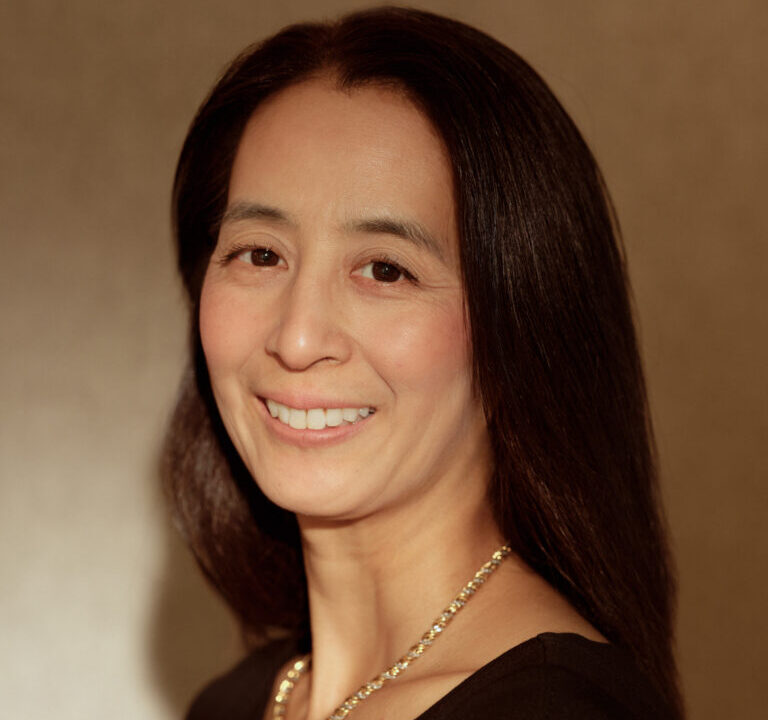
Shelley Chu has two decades of venture investing and operating experience in the biopharmaceutical industry. Her passion is working closely with entrepreneurs to navigate scientific, clinical, regulatory, business development and commercial hurdles to bring innovative new medicines to market that address significant unmet medical needs. To date, her investments across all stages, from seed to growth, have led to seven New Drug Approvals by the FDA, nine drug candidates in ongoing clinical development, and 16 exits through mergers and acquisitions, IPOs or partnerships. During her time at Gilead, where Shelley led R&D strategy across all therapeutic areas and business development in immuno-oncology and HBV, three NDAs were approved and launched.
At Lightspeed, Shelley leads the firm’s biotech investments from seed to late stage. In addition to Seismic, she is on the board of directors at Enlaza Therapeutics, 3T Biosciences, Medikine, Hillevax, Triana Biomedicines, Protego Biopharma, as well as an independent director for Scorpion Therapeutics. Shelley previously served on the Boards of Tizona Therapeutics (acquired by Gilead), Trishula Therapeutics (partnered with Abbvie), SFJ Pharmaceuticals, Phathom (Nasdaq: PHAT), Q32 Bio, IFM (acquired by BMS), IFM Tre (acquired by Novartis), IFM Due, IFM Quattro, and Venatorx. Shelley also invested in and worked closely with the management teams of Stromedix (acquired by Biogen), Rempex (acquired by The Medicines Company), Tobira (acquired by Allergan), Anaptys, Marcadia (acquired by Roche), Calixa (acquired by Cubist) and Cerexa (acquired by Forest). Shelley serves on the scientific advisory board for BioCentury.
Shelley holds an M.D. and a Ph.D. in biochemistry and biophysics from the University of California at San Francisco (UCSF) and a B.A. in molecular biology from Princeton University, where she is a co-chair for Princeton ASC.
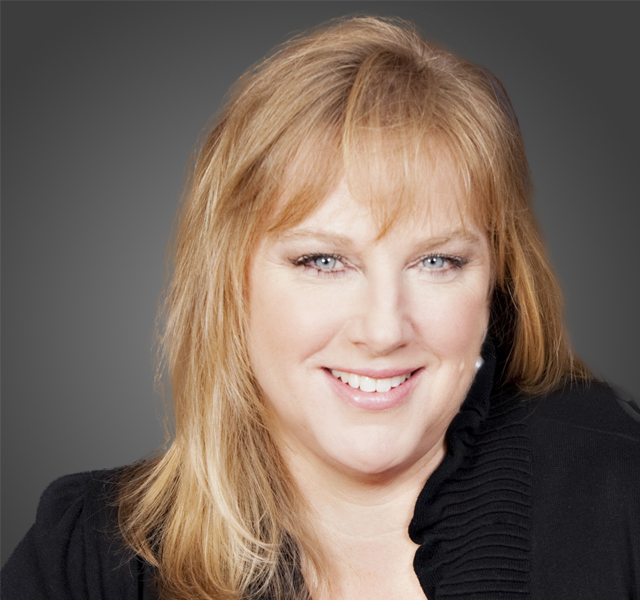
Julie Eastland is Chief Executive Officer, President and Director of Zentalis Pharmaceuticals.
Previously Julie served as Chief Executive Officer and Board Director of Harpoon Therapeutics, formerly a publicly traded company (Nasdaq: HARP) focused on T-cell engager cancer immunotherapies, from November 2021 through its acquisition by Merck & Co in March of 2024. Prior to November 2021, she was a Harpoon Board Director and Chair of the Audit Committee from October 2018. She has served in a variety of C-level executive roles for both private and public companies, including Chief Operating Officer/Chief Financial Officer for ReCode Therapeutics, a private company developing genetic medicines; Chief Financial Officer/Chief Business Officer for Rainier Therapeutics, a private company focused on FGFR3 in bladder cancer; Chief Financial Officer/Chief Business Officer for Cascadian Therapeutics, a public company (CASC) focused on Tukysa (tucantinib) in HER2+ breast cancer, through its acquisition by Seagen in 2018. Prior to Cascadian, Julie served in a number of financial and strategic roles for VLST Corporation, focused on autoimmune and inflammation biology, Dendreon, an oncology cell therapy company marketing Provenge for prostate cancer, and Amgen.
Julie currently serves as a Board member and audit chair at Dynavax Technologies (DVAX), board and audit committee member at Lantheus Holdings Inc (LNTH) and board member at Veana Therapeutics (private). Previously, she was a Board Director and Chair of the Audit Committee for Graybug Vision and Harpoon Therapeutics. She received an M.B.A. from Edinburgh University Management School and a B.S. in finance from Colorado State University.

Andrew Hedin is a partner in Bessemer’s Cambridge office where he focuses on investments broadly across the healthcare ecosystem, including new biotech therapeutics as well as software and services sold to healthcare verticals.
Prior to joining Bessemer in 2015, Andrew worked at F-Prime Capital, Fidelity’s healthcare-focused venture capital fund where he invested in early-stage biotech and digital health technologies, as well as Leerink Partners as an advisor to the biopharma industry.
He earned an MBA with honors from The Wharton School, where he majored in health care management and finance, as well as a degree in biological basis of behavior from the University of Pennsylvania.
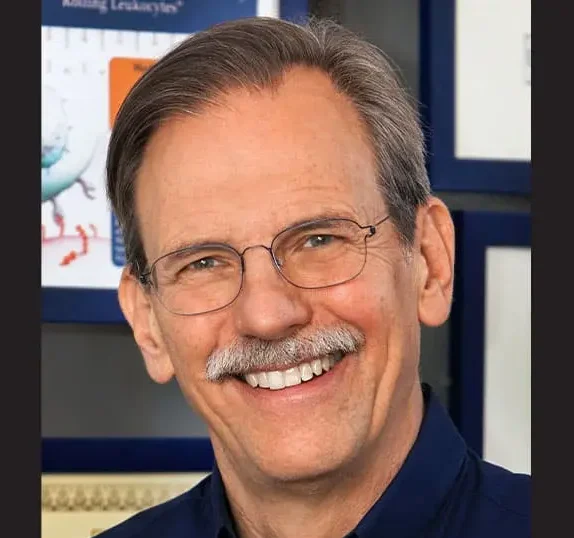
Timothy A. Springer, Ph.D. is the Latham Family Professor at the Department of Biological Chemistry and Molecular Pharmacology at Harvard Medical School and Senior Investigator at the Program of Cellular and Molecular Medicine at Boston Children’s Hospital. He is a world leader in structural biology and immunology. He discovered many of the adhesion receptors in the immune system with monoclonal antibodies, then cloned and functionally and structurally characterized, them. He was the first to demonstrate that lymphocytes and leukocytes had adhesion molecules. His work on these receptors has advanced to characterizing their interactions and allosteric transitions by x-ray crystallography, electron microscopy, and laser tweezers force spectroscopy. In recognition of this work, he received the Canada Gairdner International Award in 2019, and was recently awarded the Biophysical Society’s Founder’s Award in 2021. He is a founder and private investor in biopharmaceutical ventures, including LeukoSite, Scholar Rock, Morphic Therapeutic, Moderna Therapeutic, Editas Medicine, Selecta Biosciences, and Ab Initio Biotherapeutics. His research and company formation has led to six FDA-approved drugs, including antibodies for treating cancer and immune diseases. Notably, he also co-founded the Institute for Protein Innovation: a non-profit to advance entrepreneurship and innovation in protein therapeutics and open-source antibodies and small molecules.
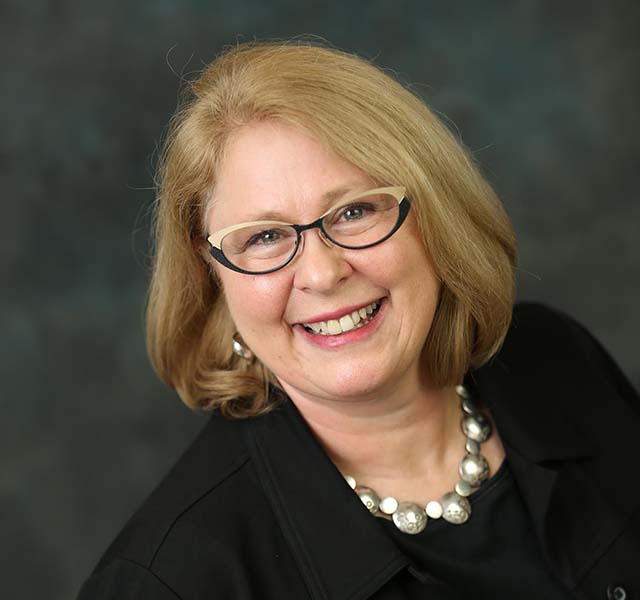
Jo is a seasoned biotech executive and entrepreneurial scientist who has taken more than a dozen drugs to clinic over her 30-year career.
Prior to founding Seismic, she founded Pandion Therapeutics in 2017 and served as President and Chief Scientific Officer until the acquisition by Merck for $1.85B in 2021. Prior to Pandion, she held research leadership positions at Biogen, Amgen and Immunex. She is an experienced director on both private and public company boards.
In 2024 she was recognized as a Distinguished Fellow by the American Association for Immunologists. In 2022 she was named as one of the Extraordinary Women Advancing Healthcare in Massachusetts by The Women’s Edge, and she was profiled in the Boston Business Journal’s Women to Watch. Jo has also featured in FiercePharma’s 2020 Fiercest Women in Life Sciences and in Endpoints’ 2019 Special Report on 20 Extraordinary Women.
Jo is an advocate for workplace inclusiveness and regularly volunteers her time with organizations focused on increasing diversity. She has served on the board of WEST, a non-profit organization supporting early to mid-career women, including as President 2017-18.
Jo has a PhD in immunology from the University of London, and a BSc (Hons) in biophysics from the University of East London.
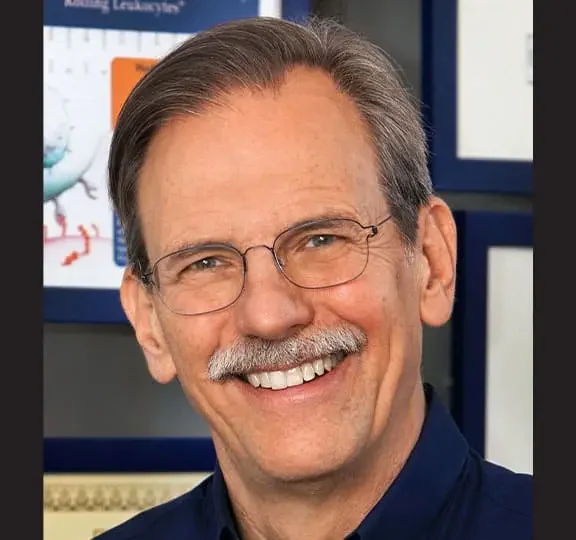
Timothy A. Springer, Ph.D. is the Latham Family Professor at the Department of Biological Chemistry and Molecular Pharmacology at Harvard Medical School and Senior Investigator at the Program of Cellular and Molecular Medicine at Boston Children’s Hospital. He is a world leader in structural biology and immunology. He discovered many of the adhesion receptors in the immune system with monoclonal antibodies, then cloned and functionally and structurally characterized, them. He was the first to demonstrate that lymphocytes and leukocytes had adhesion molecules. His work on these receptors has advanced to characterizing their interactions and allosteric transitions by x-ray crystallography, electron microscopy, and laser tweezers force spectroscopy. In recognition of this work, he received the Canada Gairdner International Award in 2019, and was recently awarded the Biophysical Society’s Founder’s Award in 2021. He is a founder and private investor in biopharmaceutical ventures, including LeukoSite, Scholar Rock, Morphic Therapeutic, Moderna Therapeutic, Editas Medicine, Selecta Biosciences, and Ab Initio Biotherapeutics. His research and company formation has led to six FDA-approved drugs, including antibodies for treating cancer and immune diseases. Notably, he also co-founded the Institute for Protein Innovation: a non-profit to advance entrepreneurship and innovation in protein therapeutics and open-source antibodies and small molecules.
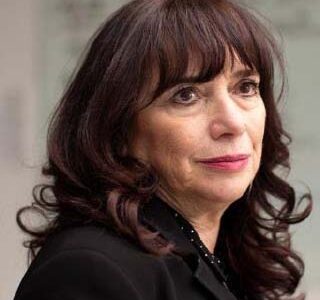
Debora Marks, Ph.D. is an Associate Professor in the Department of Systems Biology at Harvard Medical School. As a mathematician and computational biologist, Marks develops novel algorithms, statistical methods and machine learning to successfully address unsolved biological problems. Her passion is to understand, predict and design biomolecular systems in a way that impacts biomedical applications and synthetic biology at many scales, with a focus on developing new methods in probabilistic modeling that exploit the huge and increasing corpus of natural and synthetic sequence diversity. Over the past five years, her lab has developed methods that accelerate structural biology with applications to cryoEM, crystallography, protein design and computed 3D structures of thousands of proteins with unknown folds, protein complexes and RNA interactions, as well as flexible, dynamic and even disordered protein ensembles. To address new challenges in protein design, Marks has adapted and developed NLP-inspired deep neural methods for (i) designing libraries of high affinity, specific nanobodies, antibodies that bypass the need for expensive rounds of selection or labor-intensive specificity assays and (ii) design and prediction of proteins that induce membranes compartmentalization and potentially biostasis in human cells and (iii) predicting the effect of genetic variation on disease and drug response. In 2016, Marks received the ICSB Overton Award for outstanding accomplishment in the early-to-mid career with significant contribution to the field of computational biology, and in 2018 the Chan Zuckerberg Initiative Ben Barres Early Career Acceleration Award in the Neurodegeneration Challenge.
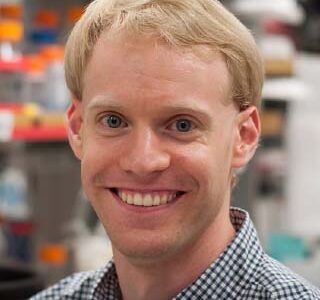
Andrew Kruse, Ph.D. is a Professor of Biological Chemistry and Molecular Pharmacology at Harvard Medical School. His research focuses on the structure and function of transmembrane receptors, with an emphasis on poorly understood transmembrane proteins. He began his independent career as an Assistant Professor at Harvard Medical School in 2014. Key research accomplishments include defining the structural basis for agonist action at the angiotensin II type 1 receptor and other G protein-protein coupled receptors (GPCRs), cloning the sigma-2 receptor, and determining the first structure of a tetraspanin protein and showing how it regulates B cell activation. The Kruse lab also developed a single-domain antibody fragment discovery platform that has now been distributed to more than 400 academic labs and has been licensed to four pharmaceutical companies. Dr. Kruse is a co-founder of Tectonic Therapeutic, a biotechnology company, and the Institute for Protein Innovation, a non-profit research organization. He has received awards including an Amgen Young Investigator Award (2019), an Alfred P. Sloan Research Fellowship (2017), a Vallee Scholars Award (2016), and an NIH Director’s Early Independence Award (2015). He received B.S. degrees in Mathematics and Biochemistry from the University of Minnesota in 2009, and completed a Ph.D. in Structural Biology at Stanford University in 2014, where he trained with Dr. Brian Kobilka.
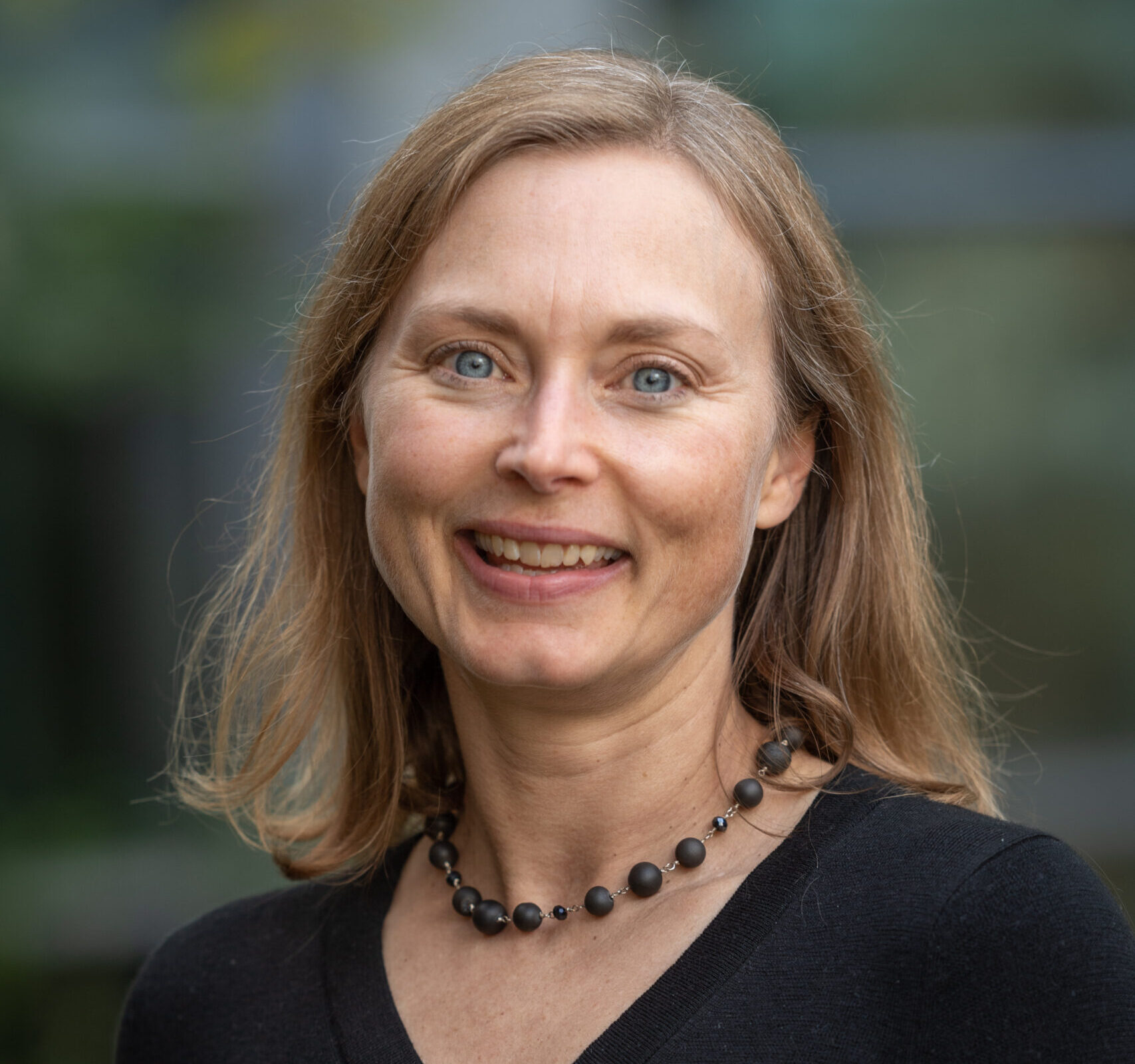
Michelle Kahlenberg, MD, PhD is a Professor of Internal Medicine (Rheumatology) and Dermatology and Vice Chair of Basic and Translational Research, Internal Medicine at the University of Michigan Medical School. Her clinical work is centered on the care of complicated lupus patients, including those with refractory skin disease, and her research is funded by multiple NIH and foundation awards and combines translational approaches using patient samples and murine models to uncover the mechanisms that drive lupus and other autoimmune diseases. Dr. Kahlenberg completed her BS in Biology at Denison University, her MD, PhD, and Internal Medicine training at Case Western Reserve University, and her fellowship in Rheumatology at the University of Michigan.
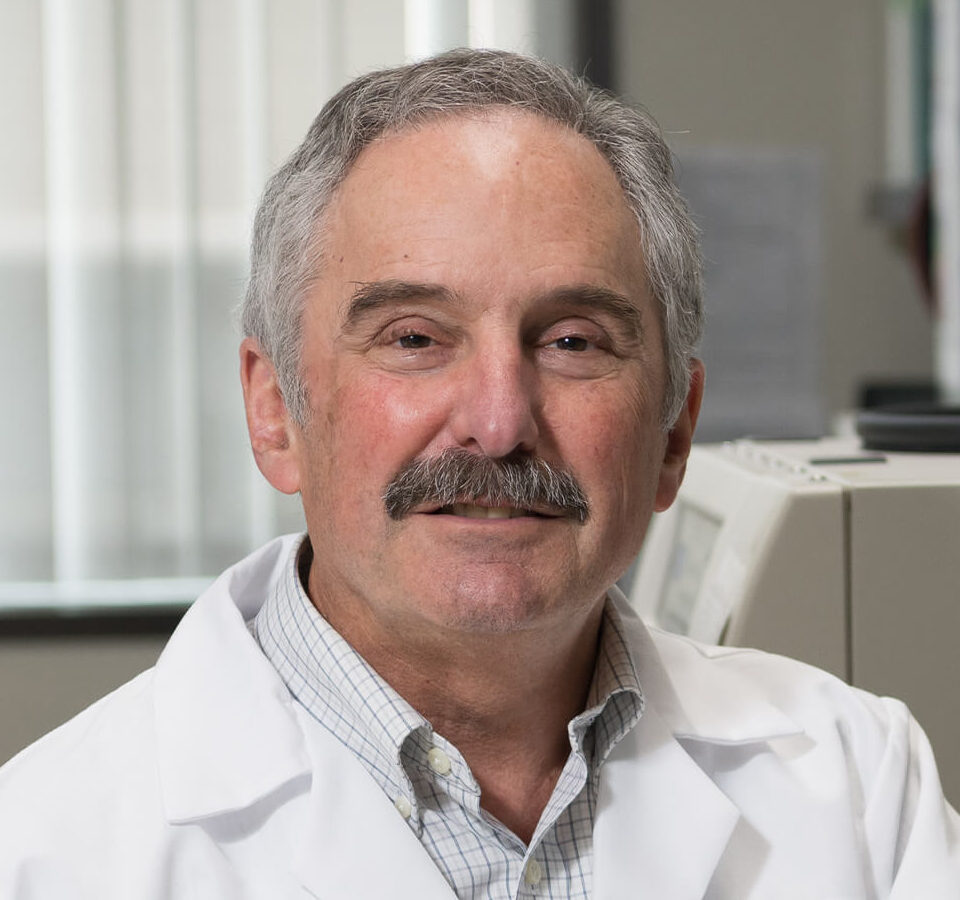
Gerald (Jerry) Nepom, MD, PhD, is an Affiliate Professor, Immunology, University of Washington School of Medicine, and Immune Tolerance Network Senior Advisor at Benaroya Research Institute (BRI), Center for Interventional Immunology. Nepom is a past Director of both the BRI and the NIAID-sponsored Immune Tolerance Network. His research is focused on identifying and understanding molecular and genetic mechanisms contributing to pathogenesis of autoimmune disorders and using this information to evaluate autoreactive T cell lineage and fate determination. His translational and clinical applications include development and use of immunological monitoring tools for predicting disease susceptibility and response to therapy in clinical trials, with special emphasis on type 1 diabetes. Dr. Nepom received his bachelor’s degree in Biochemistry from Harvard, and his PhD and MD from the University of Washington.
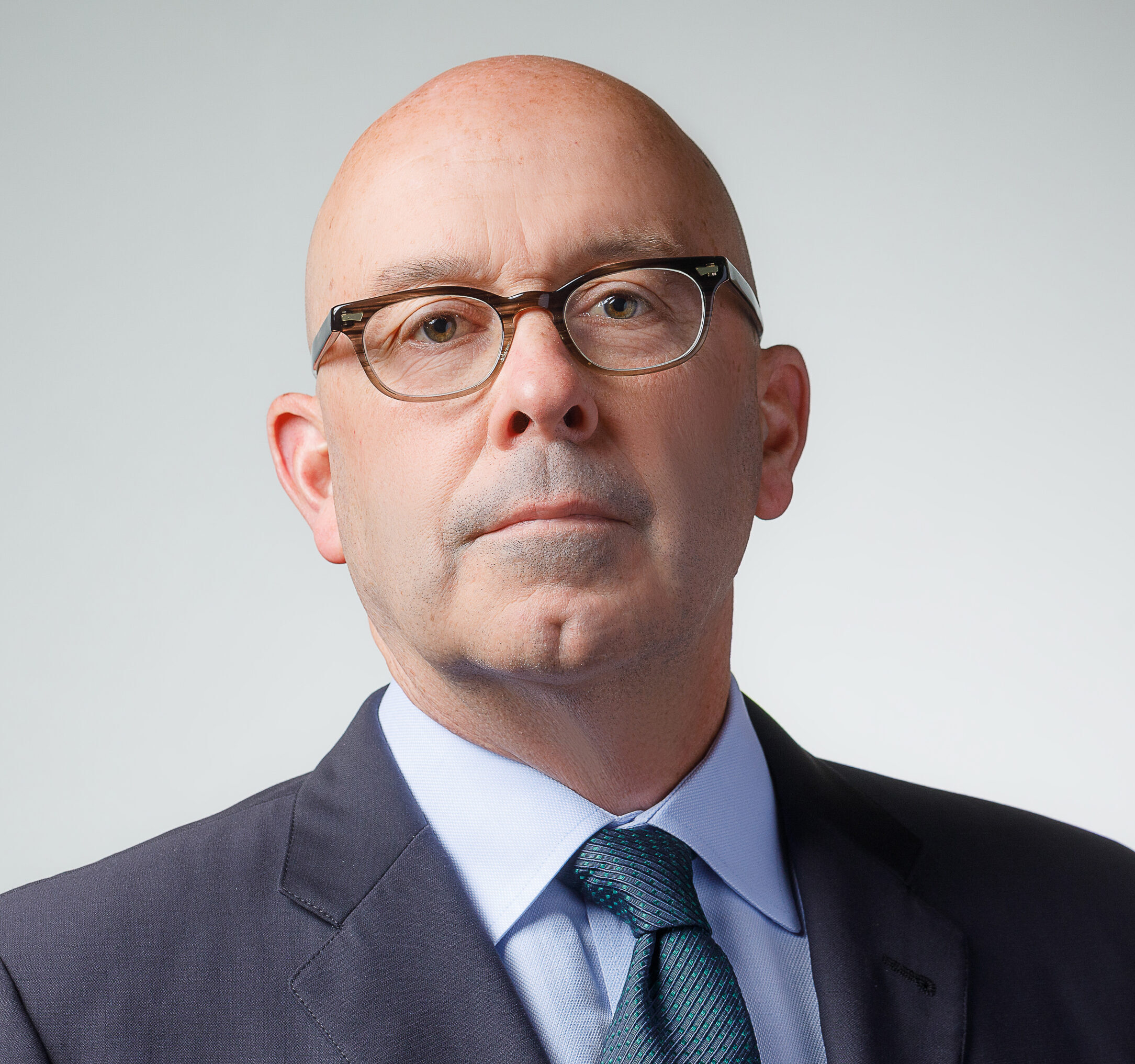
Kevin O’Connor, PhD, is a Professor of Neurology and Immunobiology at Yale School of Medicine. He earned a Bachelor of Science degree in Chemistry from the University of Massachusetts at Amherst and a Ph.D. in Biochemistry from Tufts University. Following his doctoral studies, Dr. O’Connor completed postdoctoral training in Immunology at Harvard Medical School, where he subsequently served as an Assistant Professor for several years before joining the faculty at Yale. Dr. O’Connor’s research focuses on human translational immunology and neurology, with a particular emphasis on understanding the role of B cells and antibodies in autoimmune diseases. His laboratory investigates both the cellular and molecular mechanisms by which autoreactive B cell subsets and autoantibody isotypes initiate and sustain autoimmunity. This research is conducted through the study of human-derived specimens. These human specimens are often obtained from clinical trials of immune-modulating treatments, serving to leverage a deeper understanding of immune mechanism variability among patients. By understanding this variability, his team’s work contributes to the advancement of personalized medicine approaches in treating autoimmune disorders.
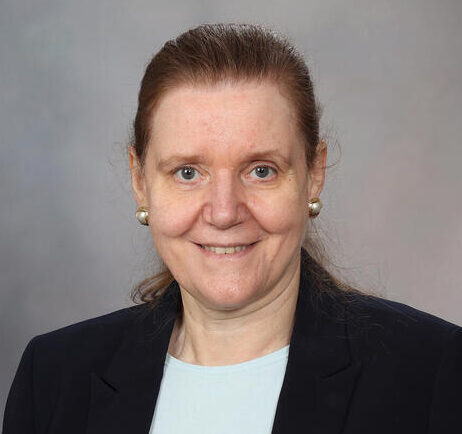
Cornelia (Connie) M. Weyand, MD, PhD is a Professor of Medicine and Immunology at the Mayo Clinic College of Medicine and Science and the Mayo Alix School of Medicine. She is also Professor Emerita at Stanford University. Dr. Weyand’ s research has focused on how immune responses deviate from host protection to tissue damage. Her primary focus has been on autoimmune diseases, specifically atherosclerotic disease and the vasculitides. Prior to her appointment at Mayo Clinic, Dr. Weyand was Chief of Rheumatology and Immunology and the Director of the Center for Translational Medicine at Stanford University and Professor of Medicine at Emory University, where she served as the Director of the Lowance Center for Human Immunology and the Division of Rheumatology. Dr. Weyand earned her MD in Germany, followed by a residency at Hannover Medical School, Germany, and a fellowship in Immunology at Stanford University.


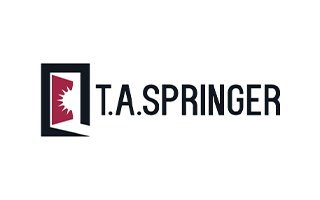


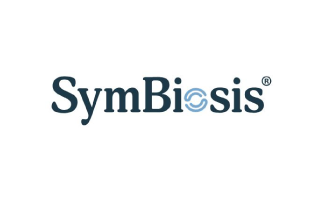
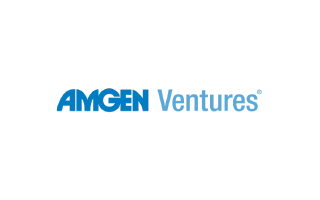


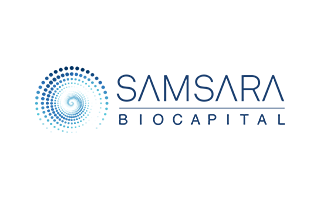




This links to an external website.